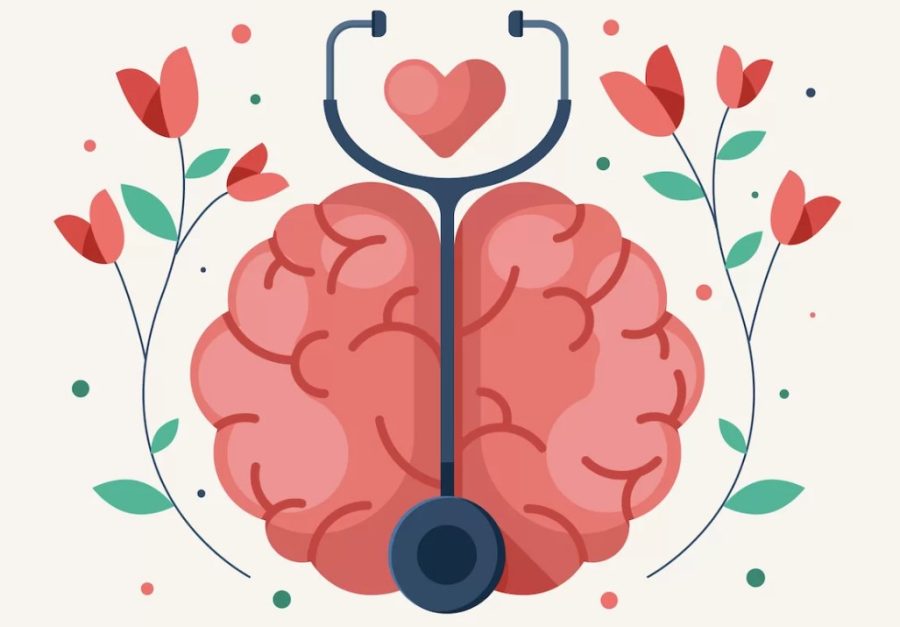Regarding Mental Health
Mental Health: the basics of what you need to know
Mental health and its many effects are often confusing. Today more than ever, there are more opinions, research, articles, and stories on this topic. It can often be hard to sort through facts versus fiction, especially when it comes to something that is very individualized and difficult to recognize. However, there are a few things people should know whether they believe they have a mental illness or are looking out for loved ones.
Mental illness is difficult to define, but the best definition is any sort of long-term cognitive pattern affecting emotions, thinking, or behavior. They often cause damage to yourself or others, and they stem from a variety of sources. They generally make their victims have a more difficult time interacting with the world in a positive and real way.
The first thing to recognize is that it is not the fault of the person with the mental illness. It often is a lot like being diagnosed with any other sickness. We don’t blame hospitalized people with severe problems for their condition; the same should go for people with mental illness. It’s vital to recognize that this is a disease. People with mental illness did not do anything wrong, they don’t deserve this, and it can come from various sources including: genetics, trauma responses, severe pain, grief, and more.
Just like people with bodily illnesses, people with mental illnesses need treatment. There are a variety of treatments including: medicines (such as mood stabilizers and antidepressants), different sorts of therapy (including cognitive behavioral therapy, EDMR, etc.), and the often-overlooked actions of eating healthy, exercising regularly, and trying to live an overall balanced life. It can often be hard for people with mental illnesses to reach out and receive treatment, as they regularly have beliefs that they do not deserve treatment, their problems are unfixable, there is no hope for them, they would be a burden if they tried treatment, and many other untrue beliefs. If you or someone you know is facing a mental illness, realize that everyone deserves treatment and there are resources available.
With the rise of research and understanding of mental illness, there are a few key facts that need recognition. There is a better life beyond this; you don’t always have to feel the way you feel right now. People care about you, and your thoughts are lying to you. The path toward curing mental illness will probably be long and difficult, but it will be worth it. If you have any other questions regarding mental illness, either for yourself or for others, there are plenty of resources including:
- American Psychiatric Association Foundation
- American Academy of Child and Adolescent Psychiatry.
- American Psychological Association
- findtreatment.gov
- 988 (suicide hotline)
- Mentalhealth.gov
Please remember that you are not alone in this battle.








